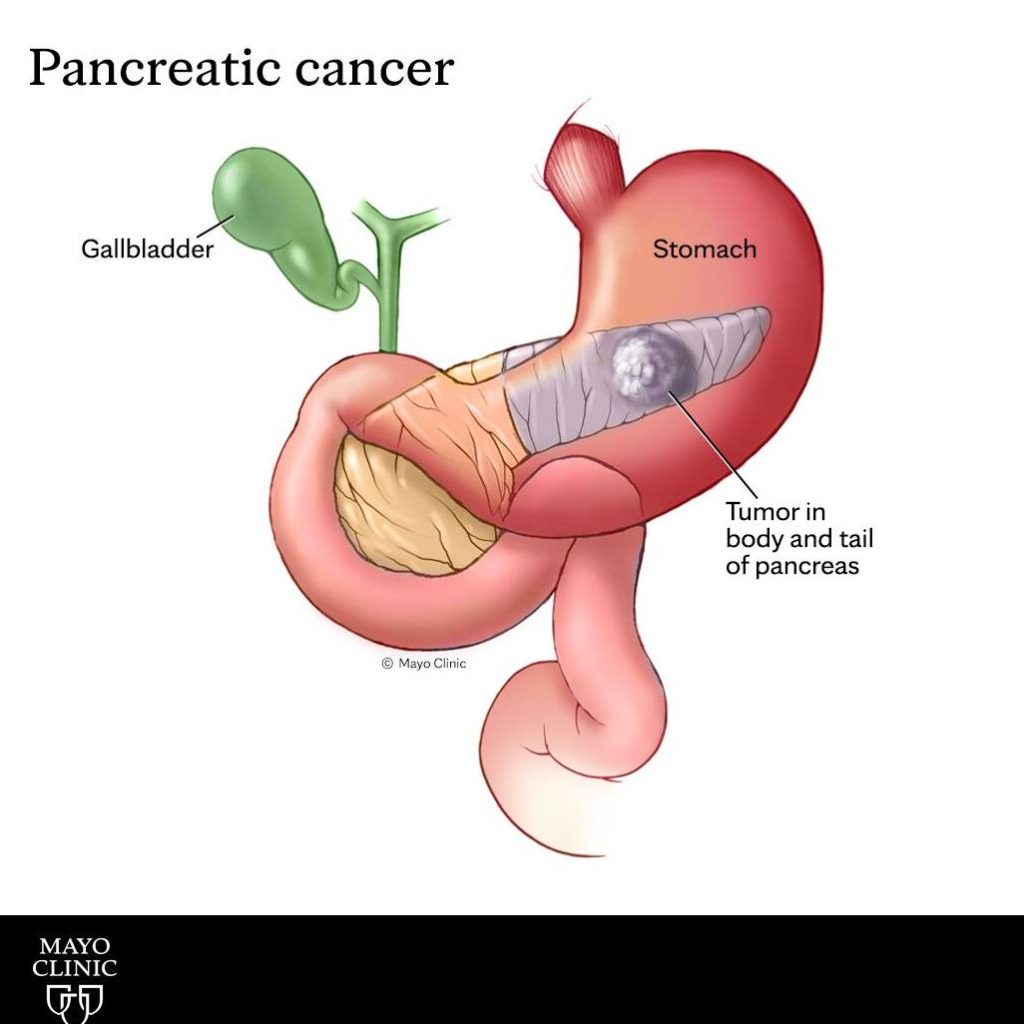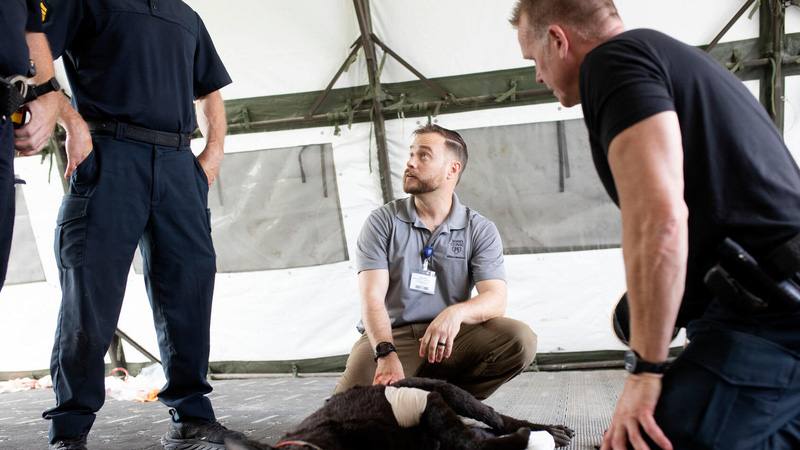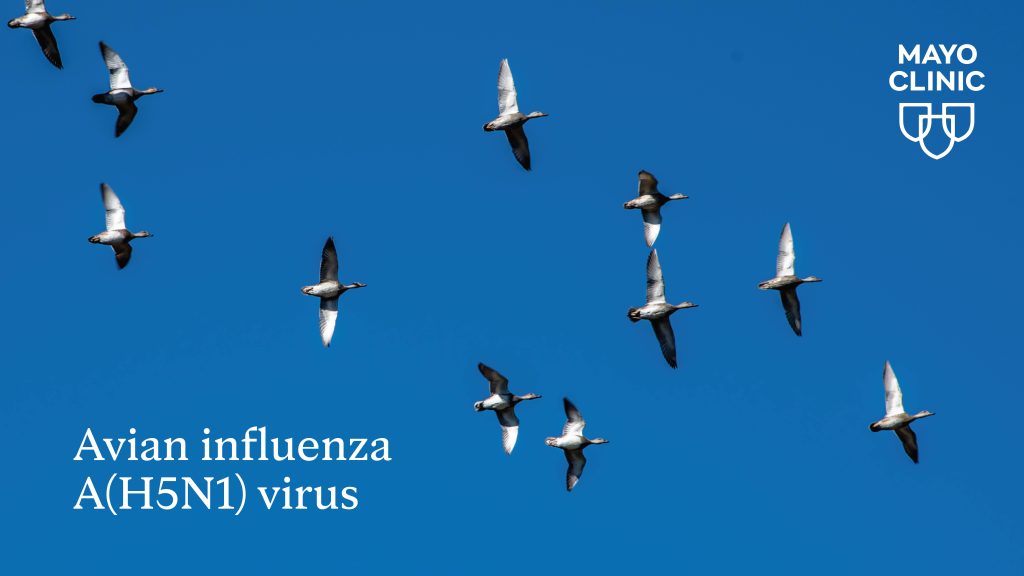




Check out a few of the most popular News Network stories on @mayoclinic social media this past week.
Former Army Ranger found his path to medical school through Mayo Clinic's Military Medicine program
Former Army Ranger and medic Jessie Milaski found a new mission through Mayo Clinic's Military Medicine Fellowship. After serving two tours in Afghanistan, Jessie worked around the globe as a medic before joining the Mayo program in 2019, which sparked his path to medical school. Now in his second year at Mayo Clinic Alix School of Medicine, Jessie is dedicated to combining his military experience with medical training to serve both veterans and civilians.
Mayo Clinic virologist explains concern about avian flu and why flu vaccine is important
H5N1 avian influenza, commonly known as bird flu, has been detected in a pig. The virus is widespread among wild birds globally. It continues to cause outbreaks in American poultry and dairy cows, and it has infected humans.
Dr. Matthew Binnicker, director of the Clinical Virology Laboratory at Mayo Clinic, talks more about avian flu and why the flu vaccine is important.
Mayo Clinic Minute: Detecting pancreatic cancer
Pancreatic cancer is the third-leading cause of cancer-related deaths in the U.S. "Our best way of finding a disease at a curable stage is to find it early," says Dr. Michael Wallace, a gastroenterologist at Mayo Clinic.
Mayo Clinic researchers recommend alternatives to hysterectomy for uterine fibroids, according to study
Uterine fibroids are a common condition that affects up to 80% of women in their lifetime. They are the major reason for the removal of the uterus by hysterectomy. However, Mayo Clinic researchers recommend minimally invasive treatment alternatives to hysterectomy.
Mayo Clinic Minute: Reducing risk of Alzheimer's disease in families
It's estimated that more than 55 million people worldwide live with Alzheimer's disease and other forms of dementia. And that number continues to grow.
Dr. Ronald Petersen, director of the Mayo Clinic Alzheimer's Disease Research Center, says Alzheimer's disease, like many other conditions, can be passed down through families.







